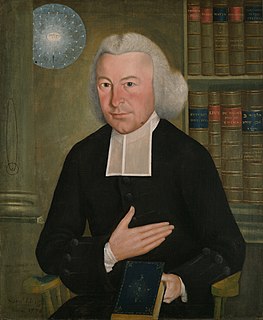A Quote by Ambrose Bierce
Even the laws of justice themselves cannot subsist without mixture of injustice.
Related Quotes
I have established Laws in the universe that make it possible for you to have-to create-exactly what you choose. These Laws cannot be violated, nor can they be ignored. You are following these Laws right now, even as you read this. You cannot not follow the Law, for these are the ways things work. You cannot step aside from this; you cannot operate outside of it.
...the statement, "The purpose of the law is to cause justice to reign," is not a rigorously accurate statement. It ought to be stated that the purpose of the law is to prevent injustice from reigning. In fact, it is injustice, instead of justice, that has an existence of its own. Justice is achieved only when injustice is absent.
The goodness or badness, justice or injustice, of laws varies of necessity with the constitution of states. This, however, is clear, that the laws must be adapted to the constitutions. But if so, true forms of government will of necessity have just laws, and perverted forms of government will have unjust laws.
Orthodoxy, or right opinion, is, at best, a very slender part of religion. Though right tempers cannot subsist without right opinions, yet right opinions may subsist without right tempers. There may be a right opinion of God without either love or one right temper toward Him. Satan is a proof of this.
Justice in the hands of the powerful is merely a governing system like any other. Why call it justice? Let us rather call it injustice, but of a sly effective order, based entirely on cruel knowledge of the resistance of the weak, their capacity for pain, humilation and misery. Injustice sustained at the exact degree of necessary tension to turn the cogs of the huge machine-for-the-making-of-rich-men, without bursting the boiler.
I always rejoice when I see a tribunal filled with a man of an upright and inflexible temper, who in the execution of his country's laws can overcome all private fear, resentment, solicitation, and even pity it self. Whatever passion enters into a sentence or decision, so far will there be in it a tincture of injustice. In short, justice discards party, friendship, kindred, and is therefore always represented as blind, that we may suppose her thoughts are wholly intent on the equity of a cause, without being diverted or prejudiced by objects foreign to it.

































